Robotic Process Automation (RPA) is changing how businesses operate. By automating repetitive tasks, RPA helps companies save time and reduce errors. This technology is becoming crucial for businesses that want to stay efficient and competitive.
RPA works by using software robots to perform tasks that humans usually do. These tasks can include data entry, invoice processing, and customer service. By handling these repetitive jobs, RPA allows employees to focus on more complex and creative work. This boosts overall productivity and job satisfaction.
The impact of RPA is not limited to just a few industries. From banking to healthcare, companies across all sectors are benefiting from this technology. RPA can also scale easily, making it suitable for both small businesses and large enterprises. This flexibility means that almost any company can use RPA to improve their operations.
As more businesses adopt RPA, it is clear that this technology is here to stay. By transforming the way work is done, RPA is setting the stage for a future where automation and human creativity go hand in hand. Let’s explore how RPA is redefining the future of work and what this means for businesses and employees.
Understanding RPA and Its Growing Role in Business
Robotic Process Automation (RPA) is becoming a key player in the business world. By using software robots to handle repetitive tasks, companies can streamline their operations. These robots can perform actions like data entry, processing transactions, and managing emails. This frees up human workers to focus on tasks that require problem-solving and creativity.
RPA is not just a tool for tech companies. Industries like banking, healthcare, and retail are also using RPA to improve their workflows. For instance, banks use RPA to process loan applications quickly and accurately. Healthcare providers use it to manage patient records, reducing the risk of errors. Retailers use RPA for inventory management, ensuring that products are always in stock.
One of the main reasons RPA is growing so fast is its ability to scale. Whether a company has ten employees or ten thousand, RPA solutions can be adjusted to fit their needs. This makes RPA an attractive option for businesses of all sizes. Another benefit is that RPA works with existing systems, meaning companies don’t need to overhaul their current setup to implement it. This ease of integration is driving widespread adoption across various sectors.
Key Benefits of Implementing RPA
Implementing RPA offers several key benefits that make it an attractive investment. One major advantage is cost savings. Automating repetitive tasks reduces the need for extra staff, lowering labor costs. This allows businesses to allocate resources more efficiently and invest in other areas of growth.
Another benefit is improved accuracy. Human errors can be costly and time-consuming to fix. RPA eliminates these mistakes by performing tasks exactly as programmed. This ensures that processes are carried out accurately every time, improving overall quality and reliability.
RPA also boosts productivity. By automating routine tasks, employees can focus on more valuable work that requires critical thinking. For example, customer service agents can spend more time resolving complex issues instead of handling basic inquiries. This leads to better customer experiences and higher satisfaction rates.
Additionally, RPA offers flexibility. It can be applied to various functions across different departments, from finance to HR to customer service. This versatility makes RPA a valuable tool for improving overall business operations. The ability to scale and adapt to different environments ensures that RPA will continue to play a crucial role in the future of work.
How RPA Enhances Employee Productivity
RPA greatly boosts employee productivity by taking over boring, repetitive tasks. When robots handle data entry, invoice processing, and other routine activities, employees can focus on work that requires creative thinking. This not only makes work more interesting for employees but also leads to better results for the company.
Employees can use their time and skills on tasks that add more value to the business. For instance, instead of spending hours on manual data entry, an employee can work on strategy development or customer relationship management. This shift towards more meaningful tasks increases job satisfaction and overall productivity.
Moreover, RPA’s speed is unmatched. Robots can work 24/7 without breaks, ensuring that tasks are completed quickly and efficiently. This rapid task completion means that projects move faster, deadlines are met more easily, and the overall workflow becomes smoother. The combination of speed and accuracy provided by RPA means that employees can rely on these tools to get things done effectively.
Future Trends in RPA and Their Impact on Work
The future of RPA is full of exciting developments. One major trend is the integration of artificial intelligence (AI) with RPA. This combination makes RPA even more powerful. AI can help RPA handle complex tasks like decision-making and language processing, which were previously out of reach. This means even more types of work can be automated.
Another trend is the increased use of RPA in different industries. While RPA is already popular in banking and healthcare, it is starting to make waves in fields like law, education, and creative sectors. This widespread adoption shows that RPA is flexible and can be adapted to various needs, making it a valuable tool for any business.
The rise of cloud-based RPA is also noteworthy. Cloud solutions make it easier for companies to implement and scale RPA without needing heavy upfront investments in hardware and infrastructure. This makes RPA more accessible to small and medium-sized enterprises, allowing them to enjoy the benefits of automation.
Conclusion
RPA is changing the way businesses operate by automating repetitive tasks and freeing up employees to focus on more meaningful work. It offers clear benefits like cost savings, improved accuracy, and increased productivity. As RPA technology evolves, it will become even more integrated with AI, extending its capabilities.
The future of work will see more widespread use of RPA across various industries, making businesses more efficient and competitive. By staying ahead of these trends, companies can better prepare for the changes and maximize the advantages that RPA offers.
For businesses looking to stay competitive and efficient, RPA is a crucial investment. At MCI, we specialize in providing customized contact center automation and technology solutions to help you integrate RPA into your operations seamlessly. Discover how we can transform your business with cutting-edge RPA solutions. Contact MCI today to get started.







